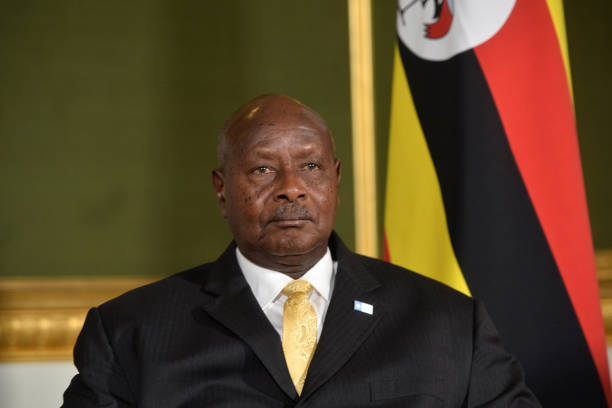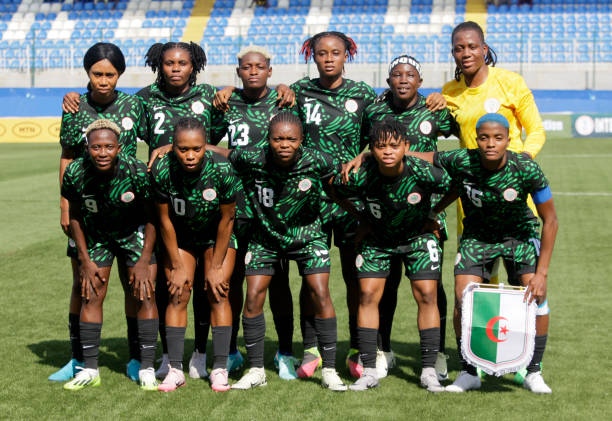In the heart of East Africa lies Uganda, a nation of lush hills, bustling markets, and a young population hungry for change. But for nearly four decades, one man has remained at the centre of power — President Yoweri Museveni.
Since taking office in 1986 after a guerrilla war that ousted military dictator Tito Okello, Museveni has built an image of stability and strength. Yet, as the years stretch on, his grip on power has raised difficult questions: How has he managed to stay in control for so long? And at what cost to Uganda’s democracy?
From Revolutionary to Ruler
When Museveni first came to power, many Ugandans welcomed him. The country had suffered years of brutal dictatorship under Idi Amin and political instability. Museveni promised a “fundamental change.” He was young, energetic, and spoke the language of reform.
At first, he delivered. His government brought back a level of order and economic growth. Uganda became a darling of Western donors. But as time passed, the revolutionary leader began to look more and more like the rulers he once opposed.
Changing the Rules of the Game
Museveni’s long stay in power has not happened by accident. Over the years, he has reshaped Uganda’s political system to serve his ambitions.
In 2005, parliament scrapped presidential term limits — a change widely seen as opening the door for Museveni to rule indefinitely. Then in 2017, lawmakers removed the age limit of 75 years for presidential candidates. That paved the way for the now 80-year-old leader to run again in future elections.
Critics say these changes weaken democratic institutions and centralise power around the president. “The Constitution has been amended not to serve the people, but to serve one man,” says political analyst Sarah Kiyaga.
A Tightly Controlled Landscape
Uganda still holds elections — but they are far from fair, according to opposition leaders and international observers. The state tightly controls the electoral process, and security forces have been accused of intimidation, arrests, and violence, particularly during the most recent elections in 2021.
Museveni’s main challenger, Bobi Wine, a pop star-turned-politician, was placed under house arrest shortly after the vote. His supporters were beaten, detained, or disappeared. The message was clear: challenging the president comes at a cost.
“The system is designed to protect Museveni’s rule, not to allow genuine competition,” says human rights lawyer David Mpanga.
A Country Divided
While some Ugandans still see Museveni as a strong leader who brought stability, others — especially the youth — feel trapped in a system that offers them little future. Uganda has one of the youngest populations in the world, with over 75% under the age of 30. Many of them weren’t even born when Museveni came to power.
“The president doesn’t understand our struggles,” says 24-year-old university graduate Juliet Namutebi. “He talks about history, but we care about jobs, education, and freedom.”
Looking Ahead
Museveni shows no signs of stepping down. In fact, his ruling party, the National Resistance Movement (NRM), is already laying the groundwork for his next election campaign. Meanwhile, calls for reform and democratic renewal continue to grow louder, especially among the youth and civil society.
But with the opposition fragmented and institutions weakened, real change seems far off.
For now, Uganda remains in a political limbo — stuck between a past that refuses to fade and a future struggling to be born.
Whether Museveni will truly rule “forever” remains to be seen. But what is clear is this: the politics of power in Uganda have been rewritten — and the ink has not yet dried.





